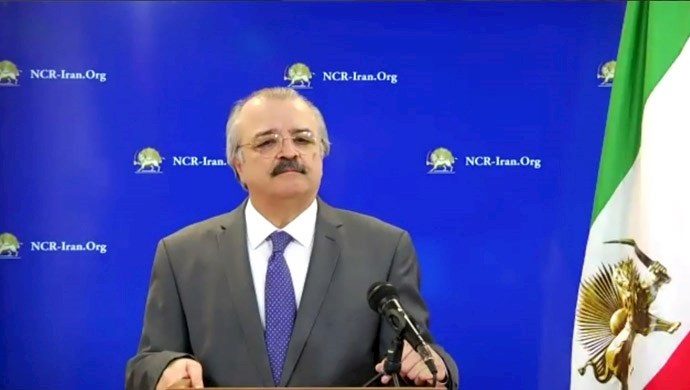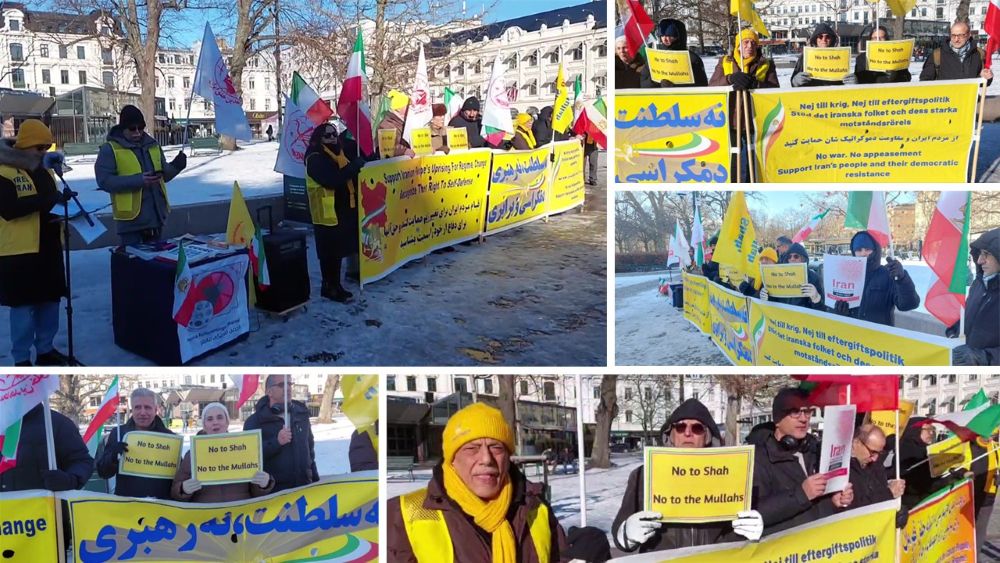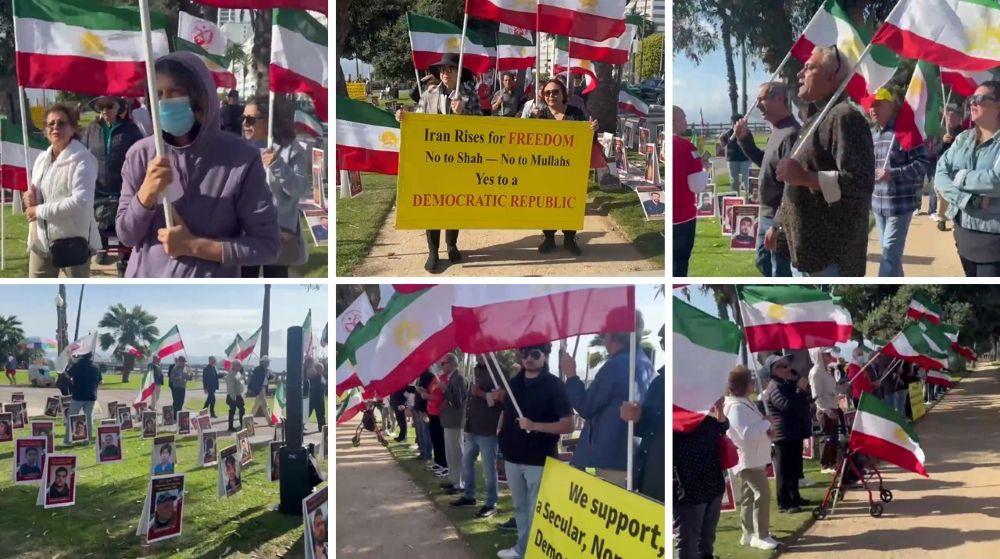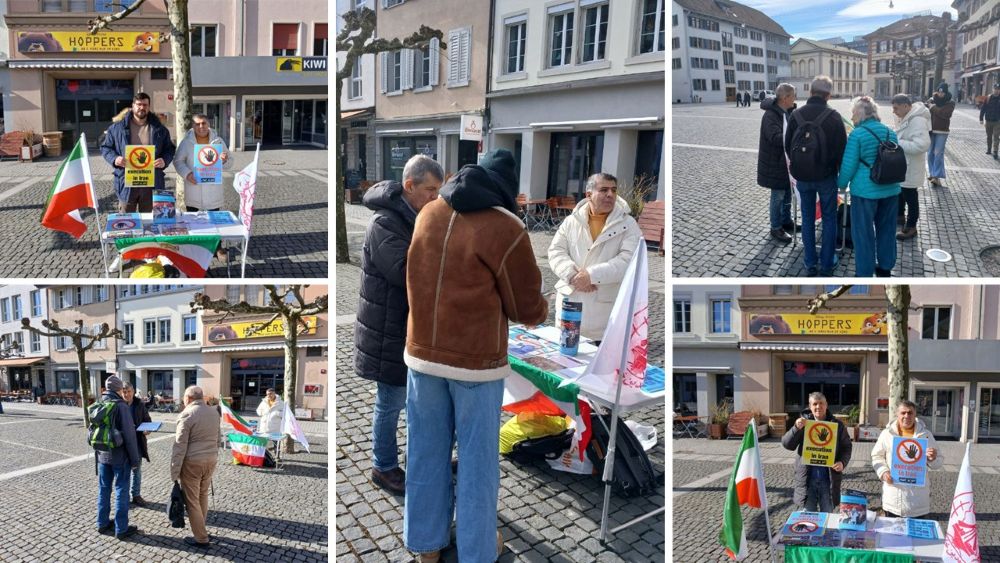
On June 19, Ebrahim Raisi was selected to take over the role as President of the Iranian regime from his predecessor Hassan Rouhani. Despite his appalling record of human rights abuses, Raisi, who was heavily involved in the 1988 massacre of 30,000 political prisoners, was specifically chosen by the regime’s Supreme Leader Ali Khamenei in an effort to help consolidate power in Iran.
Raisi is currently sanctioned by the United States for his crimes against humanity, and international human rights organizations, such as Amnesty International, have been calling for decades for him to be held accountable for his crimes and face prosecution.
The National Council of Resistance of Iran (NCRI) posed questions to the chairman of their Foreign Affairs Committee, Mohammad Mohaddessin as to why Raisi was the chosen candidate, despite Khamenei knowing that his choice would further isolate the regime from the international community.
Mohaddessin explained that Khamenei was aware of the consequences, but was more concerned about the threat of uprisings toppling the regime. The worsening economic situation is Iran is the worst it’s ever been and the majority of the population are living in extreme poverty. The outrage of the Iranian people has reached an explosive level, with demands for regime change growing louder.
Mohaddessin said, “The Iranian society has reached a level of awareness that the only solution for meeting even the most basic challenges to improve living conditions is simply regime change. Thus, any social protest is rapidly dominated by political demands, with explicit calls for regime change.”
The NCRI asked, “Would Khamenei succeed in facing future uprisings and preventing his regime’s downfall through suppression?”
Mohaddessin responded saying that the conflict between the Iranian people and the regime will only worsen, and while the regime is adamant on cracking down on current protests, it will reach a stage where they will be unable to prevent uprisings from happening.
The protests spreading from Khuzestan province to other parts of #Iran, despite the regime’s brutal crackdown, further indicates the Iranian people’s yearn and desire to overthrow the mullahs’ regime as the sole solution for a prosperous future.#IranProtests#خوزستان pic.twitter.com/juG20BjeUh
— Mohammad Mohaddessin (@Mohaddessin) July 21, 2021
He said, “The clerical regime is staring at its imminent downfall and had no viable strategies other than ending the “reformism” or “moderation” theatrics. It now has to show its true nature. But the Iranian people have tested this regime and do not have the slightest illusion that the only solution is regime change.”
As the Covid-19 crisis in Iran is worsening day by day, the NCRI questioned, “The Iranian Resistance has underlined that Khamenei and his regime used the coronavirus to prevent uprisings. Have they been successful?”
Mohaddessin explained that Khamenei’s actions in the past two years have left the Iranian people defenseless against the pandemic. When Khamenei banned the import of reputable vaccines from America and Europe, this led to the deaths of hundreds of thousands of people in Iran. This preventable situation is now another reason for the threat of future uprisings.
Mohaddessin said, “Khamenei intended to launch mass casualties by exploiting the coronavirus outbreak. He calculated that if the coronavirus could result in mass casualties, people would naturally be disillusioned, and no one would have the energy to rise up against the regime. Thus, there would be an atmosphere of despair and hopelessness in society.”
What Khamenei could not predict was the activities of the People’s Mojahedin Organization of Iran (PMOI/MEK) and their Resistance Units, who have ‘kept the flames of resistance alight in every arena’ and helped Iranian society to fight for their rights and stand up to the regime and their misdeeds and rotten policies.
Mohaddessin said, “They have inspired younger generations of Iranians to continue the MEK’s path despite the regime’s attempts to prevent them from discovering the MEK’s genuine message, and despite the regime’s demonization campaign against the MEK.”



